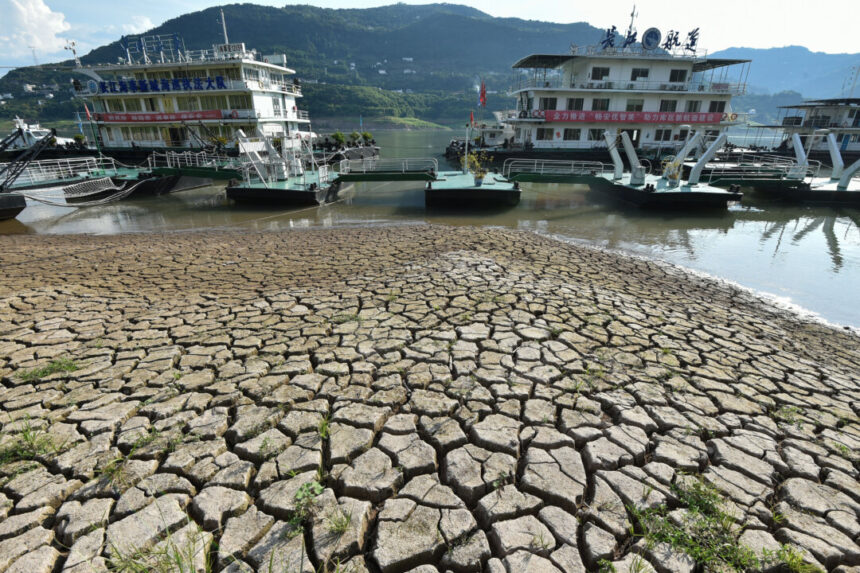Chen suggested that the Communist Party’s actions in Chongqing have disrupted the city’s feng shui, a concept that is believed to maintain a harmonious environment through geographical energy. Chen’s observation suggests that Chongqing’s Feng Shui has been disrupted by extreme policies implemented by multiple generations of the CCP, resulting in a volatile environment.
During the 1990s, amidst the reform and opening-up policy, CCP authorities insisted on constructing skyscrapers in Chongqing to rival Manhattan in the United States. However, due to the city’s location along steep mountainous terrain at the convergence of the Yangtze and Jialing rivers, the construction of tall buildings has severely damaged Chongqing’s Feng Shui, causing unprecedented geospatial destruction.
Another contributing factor to the disturbance of Chongqing’s Feng Shui is the construction of the Three Gorges Dam, the world’s largest water conservancy project on the Yangtze River. Despite warnings from scientists and hydrologists, the CCP proceeded with the dam’s construction, resulting in the submergence of many areas in urban Chongqing.
Following the destruction of Chongqing’s Feng Shui, senior officials who have served there are said to face obstacles in their political careers. Wang Yang, the former party head of Chongqing, despite being a reformist with economic and governance skills, faced setbacks in his political career, resigning from his positions in the Central Committee and CPPCC.
Numerous other incidents involving officials in Chongqing, such as the suicide of Ren Xuefeng, the deputy party chief, have raised concerns. These occurrences point to the potential consequences of disrupting the Feng Shui of Chongqing.
The views expressed in this article are the author’s opinions and may not necessarily reflect those of The Epoch Times.
Source link





